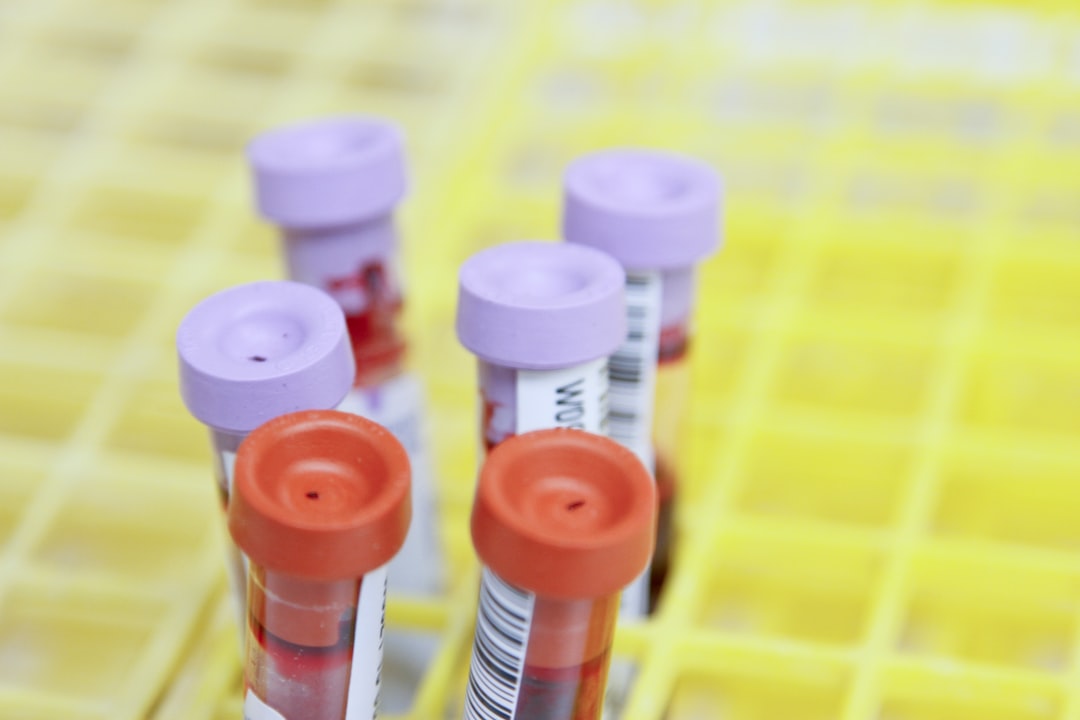What is it about?
Whether a health professional or otherwise, working 'on-call' is something people are both familiar with and forms a large part of many careers, but most commonly associated with healthcare. Despite this, what on-call work entails for hospital pharmacists and the impact it has on staff, patients and hospitals as a whole is poorly understood. This report aimed to quantify exactly the number and type of calls hospital pharmacists were answering while they were working on-call in a National Health Service (NHS) hospital in Scotland.
Featured Image

Photo by freestocks.org on Unsplash
Why is it important?
As the NHS faces increasing pressures in the current climate, pharmacy is increasingly being looked at to provide cost-savings and solutions to help with financial difficulties. On-call work may become an area where solutions could be found in the future. Whether through re-design or through small improvements, pharmacists must first understand the nature of their existing on-call setups.
Perspectives
I hope this report can help people understand an area of the NHS that is poorly understood, not just in pharmacy, but across the health professions. I am sure that most people will either have worked, or will know a family member or friend, who has worked 'on-call' in some capacity. It is often stressful regardless of the job and is an area that I think needs some attention and some innovative ideas. I really enjoyed working on this report, and I hope that at the least it will help people understand the area a bit more and hopefully help improve it.
Mr Andrew David MacFarlane
University of St Andrews
Read the Original
This page is a summary of: On-call pharmacy services: a perspective from the Royal Alexandra Hospital (NHS Greater Glasgow & Clyde) and comparison with NHS Tayside, Scotland, European Journal of Hospital Pharmacy, August 2019, BMJ,
DOI: 10.1136/ejhpharm-2019-001938.
You can read the full text:
Contributors
The following have contributed to this page










